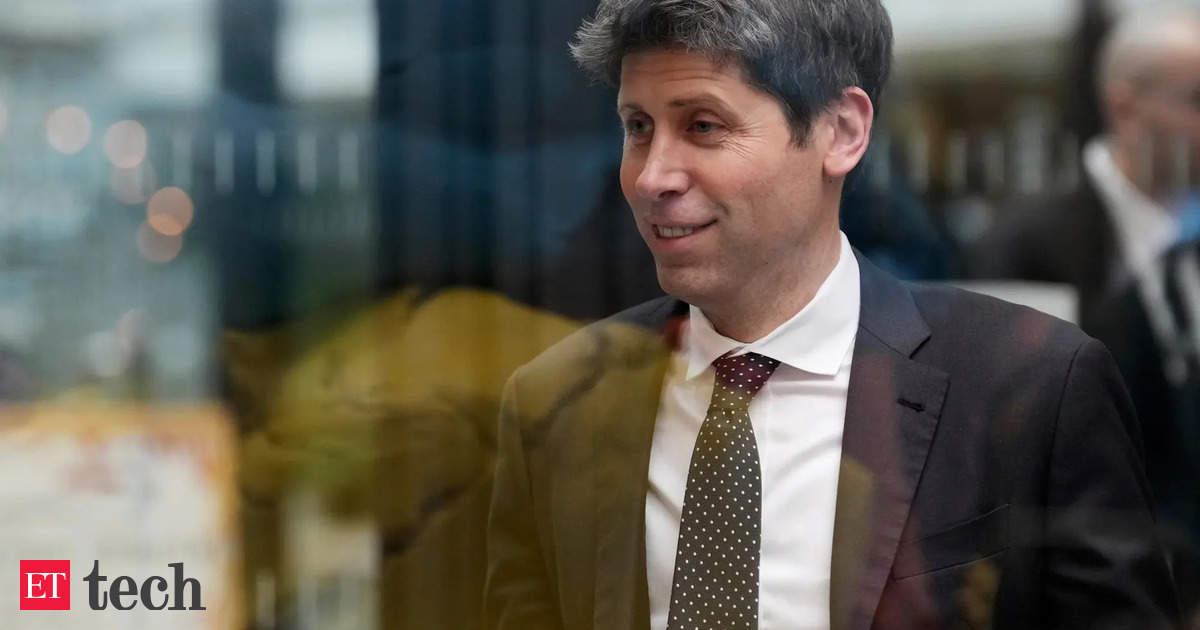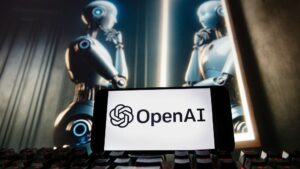Former OpenAI Employees Support Musk’s Legal Action to Stop OpenAI’s Restructuring

Legal Support for OpenAI’s Non-Profit Status
A group of twelve former employees from OpenAI recently submitted a legal brief in support of a lawsuit filed by Elon Musk, one of the company’s co-founders. This lawsuit focuses on maintaining OpenAI’s non-profit status, which has become a point of contention following shifting corporate interests within the organization.
Concerns Over Corporate Influence
Elon Musk, who is also the CEO of Tesla, previously initiated legal action against OpenAI and its current CEO, Sam Altman. Musk’s claim centers on the idea that OpenAI has diverged from its original intention of developing Artificial Intelligence (AI) for the benefit of humanity rather than for corporate profit. In contrast, OpenAI and Altman refute these allegations.
The essence of the lawsuit lies in the concern that allowing corporate investors to gain control would undermine OpenAI’s humanitarian mission. The former employees argue that removing the nonprofit’s authority would "fundamentally violate" its purpose, leading to a lack of oversight over its for-profit AI development activities.
Value of Non-Profit Oversight
The ex-employees, who held various technical and leadership roles at OpenAI, emphasized the importance of non-profit governance in achieving the company’s goals. They stated that OpenAI’s commitment to its non-profit structure was crucial for its strategic direction and effectiveness. Many employees were inspired to join the organization precisely because of its mission-driven focus.
In their brief, they highlighted several key points:
- Importance of Mission: The oversight provided by a nonprofit structure is considered vital for steering the organization toward its original altruistic objectives.
- Attraction of Talent: The nonprofit model has aided in attracting skilled professionals who are passionate about making a positive impact through AI.
- Long-term Vision: Funding from investors is essential for growth, but it should not come at the expense of the original mission.
OpenAI’s Position
OpenAI, facing pressure from investors, asserts that transitioning to a model allowing for-profit control is necessary for financial sustainability. They argue that while the non-profit will still participate, having flexibility in its organizational structure is crucial for raising capital. The company claims this funding will enrich the nonprofit’s resources, enabling it to further its mission effectively.
The organization has been clear in its communication, asserting that their non-profit framework will continue to exist. They expressed confidence that their mission remains unchanged, aiming to assure stakeholders about their ongoing commitment to humanitarian goals.
Legal Proceedings Ahead
This legal dispute not only reflects the tensions within OpenAI but is also set to unfold in a jury trial scheduled for the spring of the following year. Musk’s decision to pursue legal action follows his departure from the company before it rose to prominence in the tech industry. The trial is expected to clarify the roles of both Musk and Altman in OpenAI’s future direction.
In the meantime, Musk has started his own AI company, xAI, which has led to claims from Altman that Musk might be trying to hinder OpenAI’s progress as a competitor.
Financial Imperatives for OpenAI
On the flip side, OpenAI is under significant pressure to reform its structural model in order to secure a substantial fundraising round estimated at $40 billion. To meet the investor expectations and deadlines, the organization must finalize this transition by the end of the current year.
The ongoing discussions and lawsuits highlight the delicate balance between achieving financial viability and adhering to the altruistic mission that originally inspired the founding of OpenAI. It’s a pivotal moment for an organization at the forefront of AI development, navigating the complex landscape of technology, ethics, and profitability.




